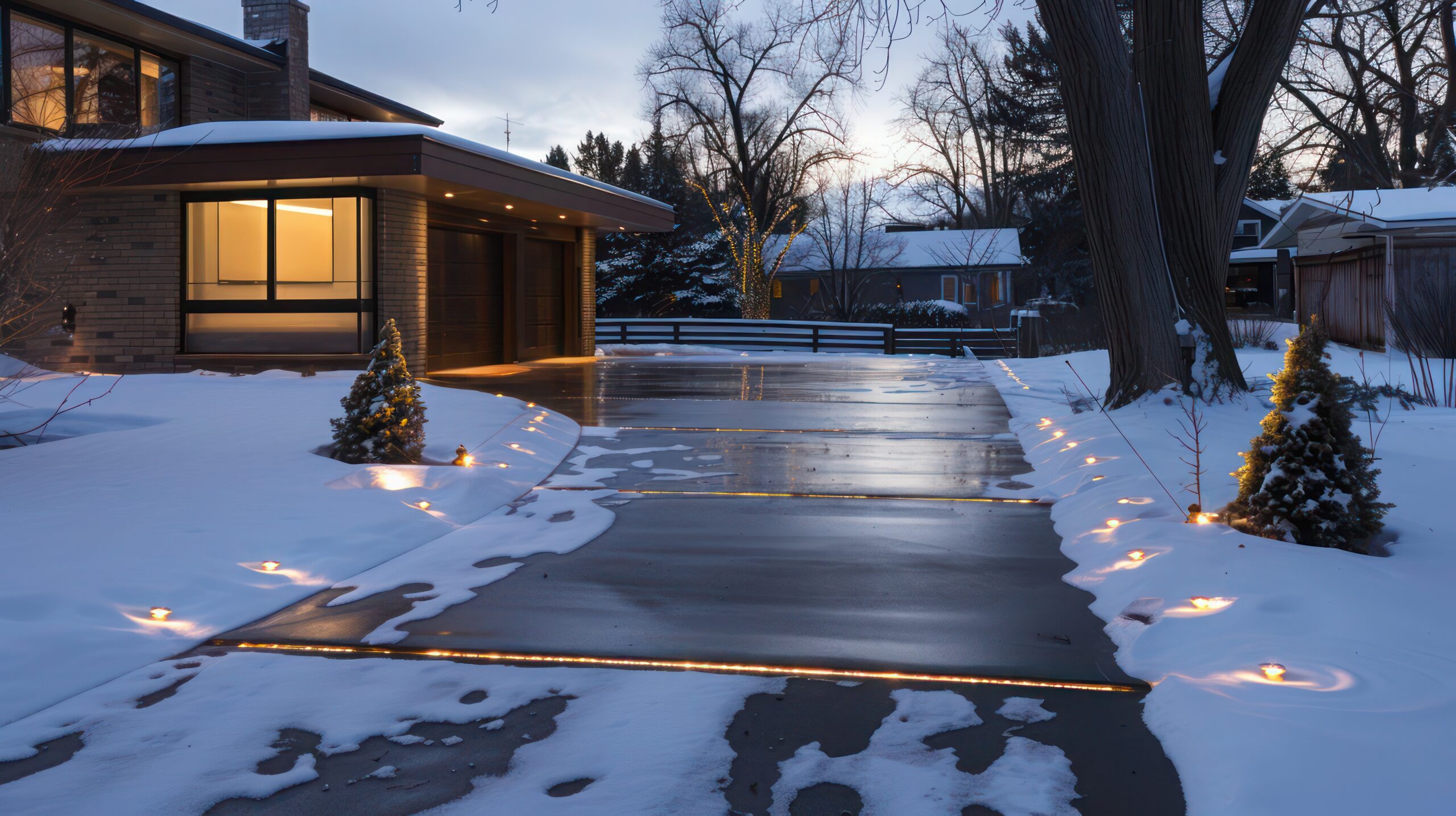The insurance industry has been watching closely as water damage has lead to higher claim costs than ever—comparable even with fire damage.
Why would you need Roof Water coverage?
Most commercial building owners and landlords implement their own best practices in preventing any roof or water damage by doing frequent inspections or repair of the roof and maybe even planning roof replacement as the building ages. A good first step is being proactive in preventing roof water damage at your commercial property to help mitigate or contain further damage. A great final step is having well-crafted coverage so in the event water damage does occur, the negative impact on your business will be minimized. This coverage will protect your bottom line and get you back to serving your customers and continue your positive business momentum as soon as possible.
How can I add Roof Water coverage to my commercial policy?
A little bit of background is important to understand roof water coverage.
Our base commercial policy wordings are:
- Commercial Property Broad Form (Form 1000)
- Condominium Corporation Broad Form (Form 421)
- Office Contents Form (Form 440)
- Computer Package Form Equipment, Media, and Data (Form 1404)
Roof Water coverage can attach to any of these base commercial policy wording forms. All of these available forms exclude the peril of entrance of rain, sleet or snow through doors, windows, skylights or similar wall or roof openings. This is important to know as this exclusion clearly exposes a gap in insurance coverage.
Definition of Roof Water in our wording
Roof Water means the entrance of water or natural precipitation temporarily diffused over the surface of the roof.
Reminder: Check with your Broker regarding Roof Water coverage and confirm if it’s available for older buildings such as structures with roof updates older than 30 years.
We cannot control the weather, but we can identify ways to mitigate or prevent loss when severe weather-related events occur. If the mitigating steps or preventative loss measures fail, we want to make sure the insurance policy is set up with the proper coverage in place to maintain your business’ momentum.



